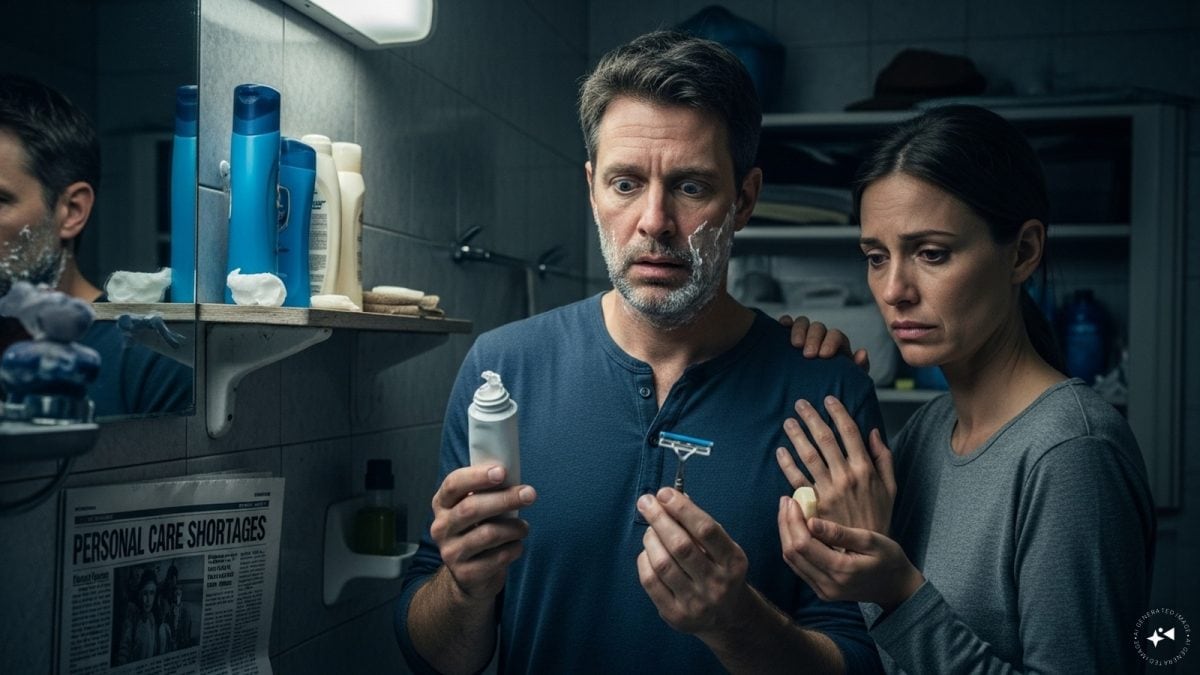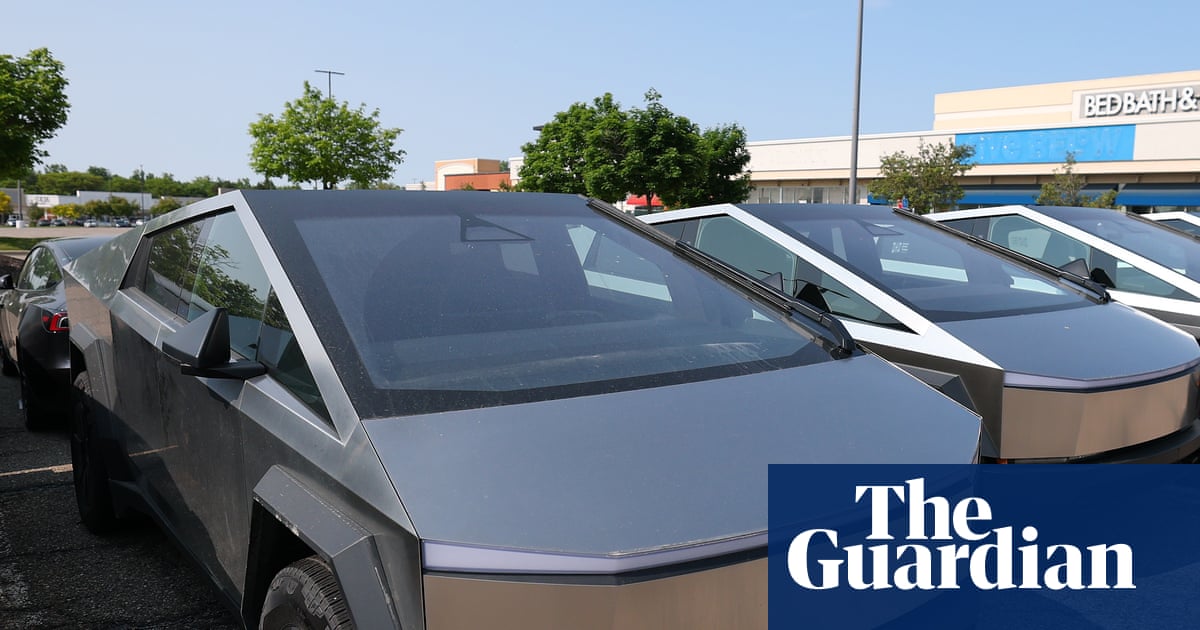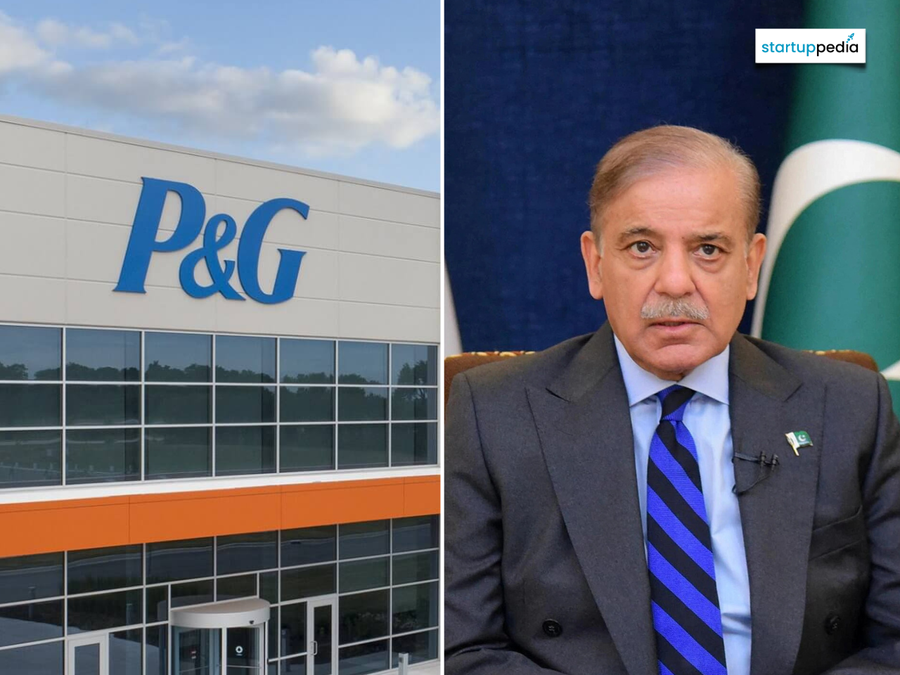Is Your Favorite Restaurant Struggling? Hospitality Profits Plummet Amid Rising Costs!

The hospitality industry is facing a silent crisis, and if you’ve ever enjoyed a meal at your favorite restaurant, this news will hit home. Picture this: while turnover might be up, profits are plummeting, leaving many restaurant owners reeling from an impossible financial squeeze.
In the picturesque town of Killybegs, Garry and Mairead Anderson run a bustling seafood shack and restaurant that normally thrives during the summer months. However, this year has been a rollercoaster ride for them. “Our turnover is up, but we’re actually down in revenue,” Garry lamented, shedding light on a struggle many in the sector know all too well.
The couple employs over 30 local people, yet they find themselves grappling with rising costs that are dampening their business dreams. With VAT becoming a significant burden, alongside increases in PRSI and minimum wage, and a steep rise in food and energy costs, their situation reflects a broader trend affecting hospitality businesses across the northwest.
“The VAT is probably the biggest problem,” Garry stated emphatically. Before the pandemic, a restaurant turning over €1 million could expect a net profit of around 7.2% to 7.8%. Fast forward to today, and he reveals that many are struggling to scrape by with just a 1.9% to 2% profit margin. “It’s almost impossible to make a profit with increased costs in hospitality at the moment,” he added, echoing the sentiments of many struggling owners.
Looking ahead, this Tuesday’s Budget is set to include a VAT cut for the hospitality industry, reducing it from 13.5% to 9% for eligible businesses. However, there’s a catch—hotels will be excluded from this relief. Even large franchises, like McDonald's, will benefit while local family-run restaurants continue to face insurmountable challenges.
In Co. Sligo, at the foot of the iconic Benbulbin mountain, Mattie Clancy, who runs Henry’s Bar and Restaurant, is also feeling the pinch. “We’re in survival mode,” he admitted, highlighting the tough reality of long days and tight staffing. While the proposed 9% VAT cut may sound promising, Mattie doesn’t think it’s the silver bullet rural restaurants need. “It’s too costly, unfair, and a blunt tool,” he remarked, advocating instead for grant payments that would be more targeted and transparent, ultimately preserving local jobs.
As discussions continue, Fintan Kennedy, a lecturer in Business at ATU Sligo, notes that pressure will mount on the hospitality sector to pass any VAT reductions onto consumers. “If the Government makes a policy change, there’s an expectation that will be passed onto the consumer despite all the costs facing hospitality,” he explained. This isn’t just about saving restaurants; it’s about encouraging consumer spending to ensure everyone gets value for their hard-earned euros.
As we navigate this challenging landscape, it’s crucial to remember the voices of those behind the counters and in the kitchens—the lifeblood of our communities.






















